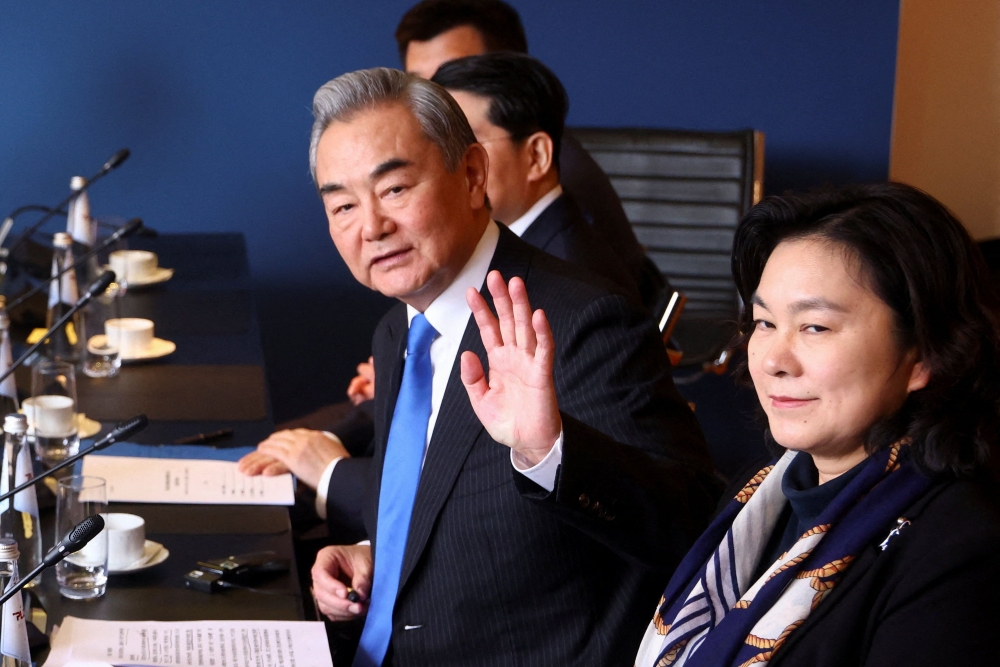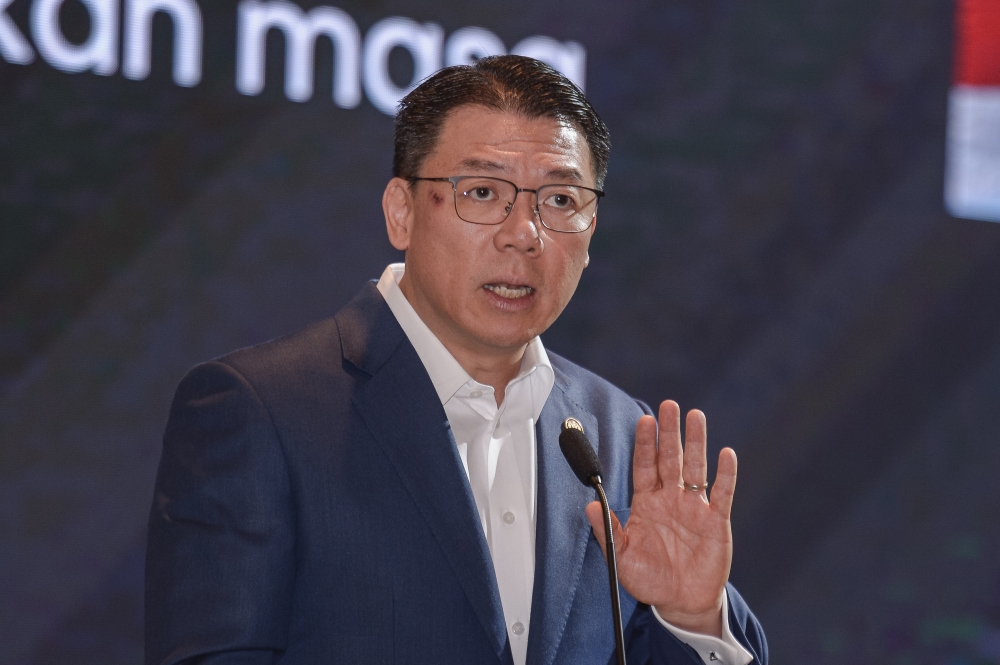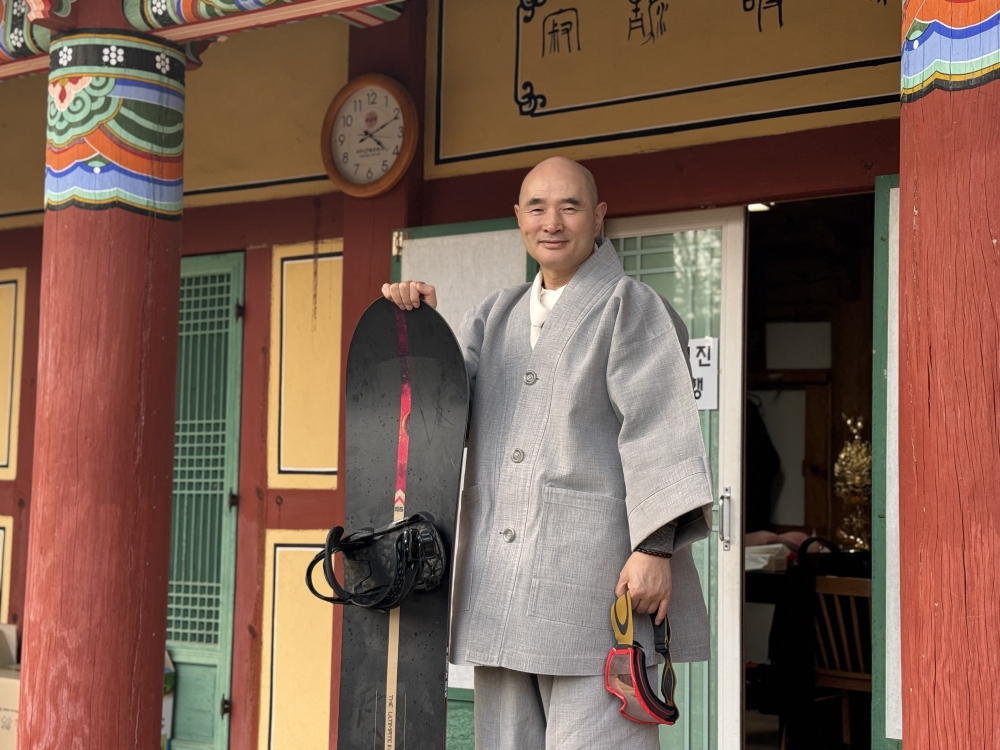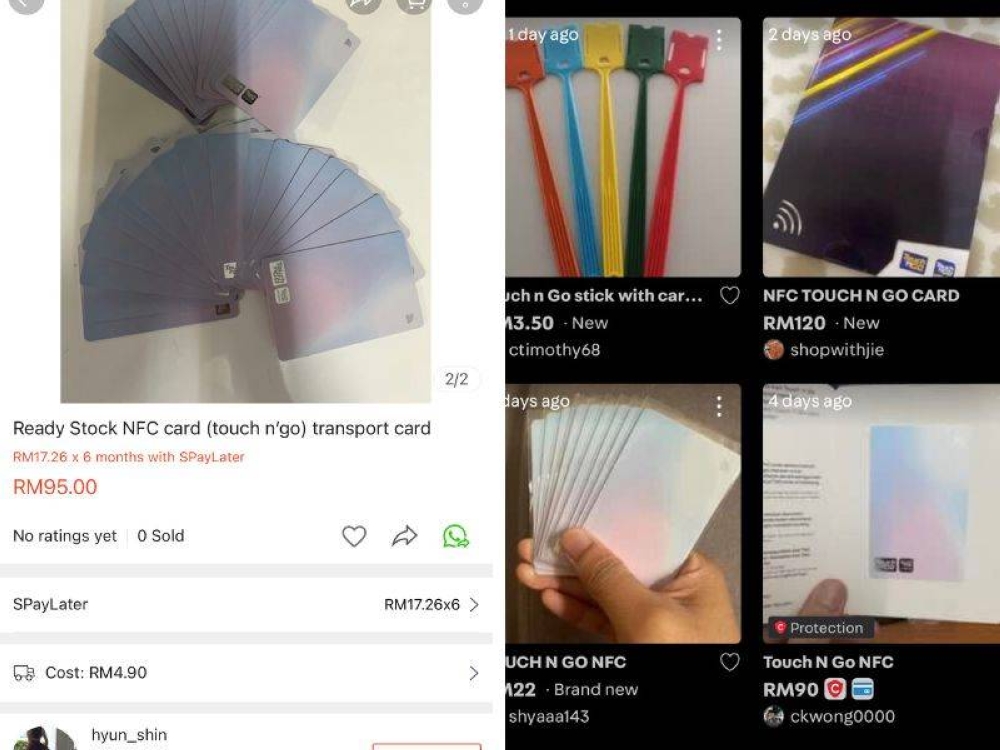AUGUST 10 — Social media had quite a time making fun of the prime minister for getting not just one, but two chat apps compromised on his phone.
What’s worse? Our foreign minister also had his phone hacked and while I wish I could say it was a sophisticated and targeted attack, it’s far more likely someone clicked a link they shouldn’t have.
We are very good at rattling spears at perceived enemies (death metal, gays, too much nasi lemak) but it is troubling how as far as security protocols go, I am not sure we even have them.
The US has certain safety protocols when it comes to telecommunication devices.
For instance, when US officials visit China, only burner phones are supposed to be used and then immediately destroyed to prevent China’s notorious hacking attempts.
Former US president Donald Trump ignored such measures, insisting on using his very old mobile phone instead and likely exposing all the contents on his phone to foreign surveillance.
Do we have a similar handbook? Do we advise our leaders on best security practices?
I very much doubt it.
It should be a given that mobile phones are essential tools and not luxuries. For better or worse, for many of us much of our lives reside on our phones.
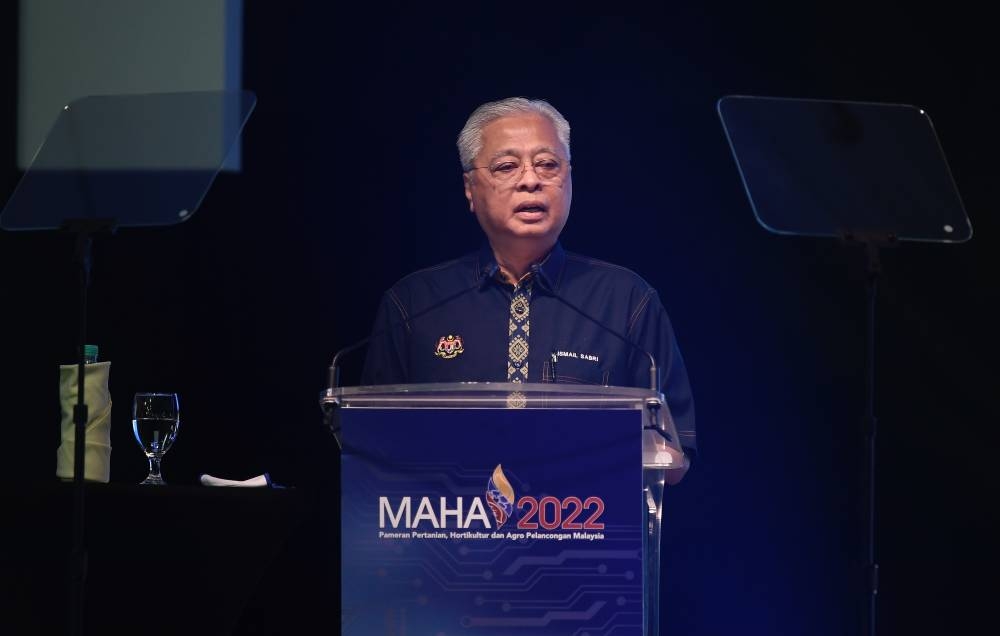
Do our elected leaders separate their work and personal devices? Is encryption considered? Does someone keep an eye on where our leaders’ devices are and ensure no one gets unauthorised access?
Security is a many faced thing. It goes beyond passwords and encryption — it’s a mindset, a philosophy.
Looking at how scams keep proliferating and how often news comes out about our personal data being compromised and sold to the highest bidder, we truly have a security problem.
It’s not surprising that in countries where governments can get overly nosy about their citizens’ private lives, privacy is not seen as a right.
Yet this neglect of privacy and the importance of safekeeping of personal data has repercussions.
Tech has become harder to navigate and overly complicated for some people when it shouldn’t be.
That’s why older, less tech-savvy people (like most of our senior politicians) are vulnerable to being scammed or having their phones compromised.
Just a few years ago, friends would vent about their parents being helpless at figuring out their devices or suddenly finding their phone bills full of charges they do not remember making.
I have had to put in my own safeguards in my daily routine such as checking my banking apps daily because I cannot rely on my banks to protect me from fraudulent transactions.
My credit card is not saved on any website or app except in the rarest of circumstances and Netflix’s security is so unreliable I charge my subscription to my mobile phone, after twice getting my credit card details stolen.
The thing is, I only make such considerations because for years I interviewed security experts and wrote about security and privacy issues.
What I have learned from the experience is that people do not like reading about those things — that it scares them to think about the bad stuff and prefer news about shiny new phones instead.
People should care about security but it’s hard making them care, when as a concept it goes beyond installing antivirus on your computers or grilles on your windows.
If we cannot make the masses care enough, it lies on the people who should have the responsibility to care on our behalf.
That means people in government, banking, finance — people whose jobs should mean always considering the greater good.
Let’s hope one day we get to the point that we no longer need to worry that our national security was compromised because a bunch of old men can’t be trusted not to click on dodgy texts.
* This is the personal opinion of the columnist.









